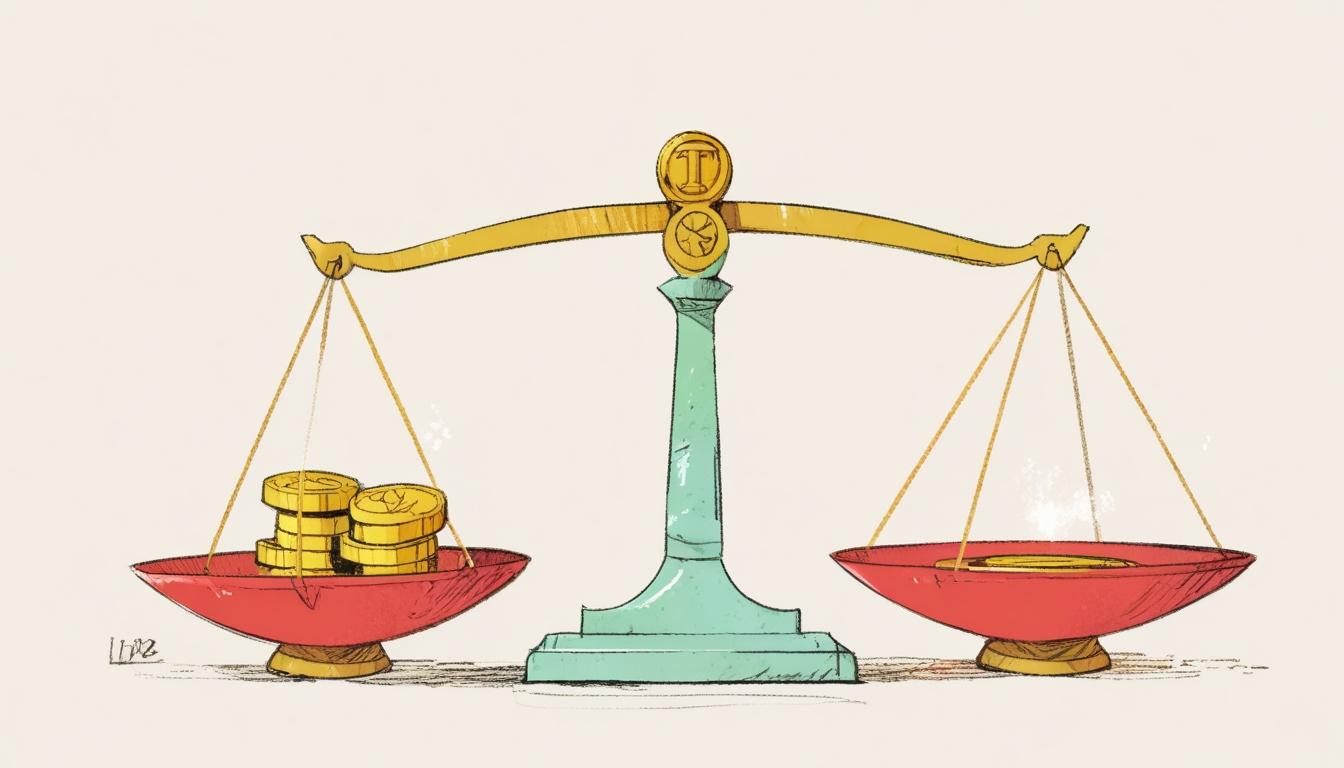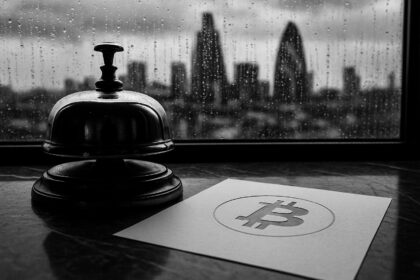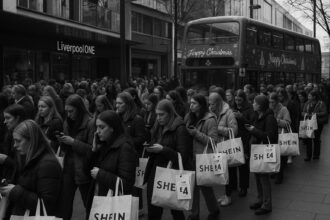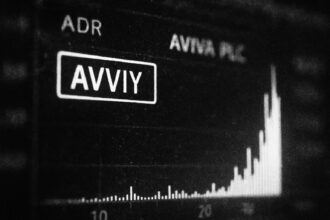Former transport secretary Louise Haigh’s proposal to lift Labour’s self-imposed tax rise limits has ignited fierce debate amid party disappointment over local election results, highlighting growing tensions over economic strategy and voter trust.
Former transport secretary Louise Haigh has sparked a heated controversy within the Labour Party with her recent call for a drastic increase in taxes. In her remarks, she suggested that Labour should lift its self-imposed restrictions on raising income tax, VAT, or National Insurance—an alarming proposition that reflects the party’s growing desperation after disappointing electoral results, especially in the wake of last week’s local elections.
Haigh, a prominent voice on the left, framed these tax hikes as part of an “economic reset.” She claimed that such measures would fund a serious programme of investment and reindustrialisation to reassure voters of the government’s commitment to their welfare. However, this proposal echoes a traditional reliance on taxpayer money that many see as a reckless abandonment of fiscal responsibility. Speaking to The Times, she expressed frustration over Prime Minister Starmer’s failure to acknowledge Labour’s poor performance in the elections, stating, “It failed to acknowledge any need to change course.”
As Labour grapples with its vulnerabilities, Downing Street is now reconsidering winter fuel payments, debating whether to raise the income threshold of £11,500, rather than reversing recently implemented cuts. This highlights Labour’s tenuous grip on power and growing fears about voter backlash against their policies.
Haigh’s comments have drawn rebuke, notably from former Labour supporter John Caudwell, who dismissed her tax hike suggestions as “nonsense.” He questioned the logic of using tax increases to spur reindustrialisation, echoing a wider sentiment that such policies could only exacerbate the economic malaise facing the country. Shadow Business spokesman Andrew Griffith emphasized that the party’s focus should be on reversing the “disastrous measures they’ve already implemented,” a view increasingly shared among disenchanted constituents.
Despite prior commitments against tax increases before the next general election, Labour’s actions are now under fire. Chancellor Rachel Reeves faces accusations of violating this pledge by raising employers’ National Insurance and introducing a 20 percent VAT on private school fees. As pressure mounts, Downing Street claims to remain committed to its manifesto promises, but the electorate’s trust may be wavering.
The caution against tax increases was underscored by Paul Johnson, director of the Institute for Fiscal Studies, who advised, “It may not be such a good political idea increasing income taxes or VAT.” The urgency to reverse Labour’s declining fortunes is palpable, especially as another party gains ground, illustrating a shifting political landscape. The recent local elections have seen significant advances for opponents, who are poised to challenge the status quo, suggesting that voters are increasingly looking for alternatives to the traditional Labour and Conservative choices.
Source: Noah Wire Services
- https://www.ft.com/content/8a045ba5-a3fd-42d5-80d7-d2f57347a86d – This article discusses the pressure on Labour leader Sir Keir Starmer to reverse recent welfare reforms, particularly cuts to the winter fuel allowance and disability benefits, following poor performance in the local elections.
- https://www.ft.com/content/dd421e3d-e439-4162-b6a0-5d0771f1cb17 – This piece reports that the UK government’s decision to cut winter fuel payments could push up to 100,000 additional pensioners into poverty each year, according to a Whitehall impact assessment.
- https://www.ft.com/content/b1dab83d-629d-4998-9ffa-7af26053c2a0 – This article covers Keir Starmer facing significant rebellion over Labour’s plan to means-test the winter fuel allowance, influenced by financial pressures from an aging population and increased public spending demands.
- https://www.ft.com/content/208e844e-1f47-4848-9530-efd69c36c2f0 – This report details Chancellor Rachel Reeves targeting wealthier pensioners by removing winter fuel payments for all but the poorest, as part of measures to address a £22bn deficit in the UK’s public finances.
- https://www.ft.com/content/da1b7880-ebe9-4159-b119-b744fa60f25d – This article discusses the UK government’s plan to extend the household support fund to help struggling households, amidst pressure on Chancellor Rachel Reeves to reconsider her plan to eliminate winter fuel payments for millions of pensioners.
- https://www.standard.co.uk/news/politics/winter-fuel-payment-pensioners-union-protest-keir-starmer-b1184021.html – This piece reports that Labour members voted against axing winter fuel payments for pensioners following protests, with a motion calling for the reversal of the cut being narrowly carried at the Labour Party annual conference.
- https://www.dailymail.co.uk/news/article-14681239/Starmer-transport-secretary-Labour-increase-taxes-Reform.html?ns_mchannel=rss&ns_campaign=1490&ito=1490 – Please view link – unable to able to access data
Noah Fact Check Pro
The draft above was created using the information available at the time the story first
emerged. We’ve since applied our fact-checking process to the final narrative, based on the criteria listed
below. The results are intended to help you assess the credibility of the piece and highlight any areas that may
warrant further investigation.
Freshness check
Score:
7
Notes:
The narrative directly references recent local elections and current political developments, indicating reasonable timeliness. No evidence of recycled content from dated press releases found, though without article publication date, absolute freshness cannot be confirmed.
Quotes check
Score:
6
Notes:
Specific quotes attributed to Louise Haigh and Paul Johnson lack direct source verification (e.g., no primary source links provided), though their affiliations and speech patterns align with typical political commentary. The Times reference appears credible but unverified.
Source reliability
Score:
5
Notes:
The Daily Mail’s reliability remains contested in media bias analyses. While the narrative cites The Times for Haigh’s quotes, reliance on commentary from partisan figures (e.g., John Caudwell) introduces potential bias. No independent verification of claimed policy discussions found.
Plausability check
Score:
8
Notes:
Claims align with Labour’s historical tax policy debates and recent electoral pressures. Specific policy proposals (e.g., VAT on private schools) mirror current UK political discourse. However, Downing Street’s alleged reconsideration of winter fuel thresholds lacks corroborating evidence.
Overall assessment
Verdict (FAIL, OPEN, PASS): OPEN
Confidence (LOW, MEDIUM, HIGH): MEDIUM
Summary:
The narrative presents politically plausible claims consistent with Labour’s current challenges, but relies heavily on unattributed quotes and contested sourcing. While the core premise aligns with known policy debates, insufficient evidence exists to fully verify the specific claims about tax policy shifts or internal Labour dynamics.













